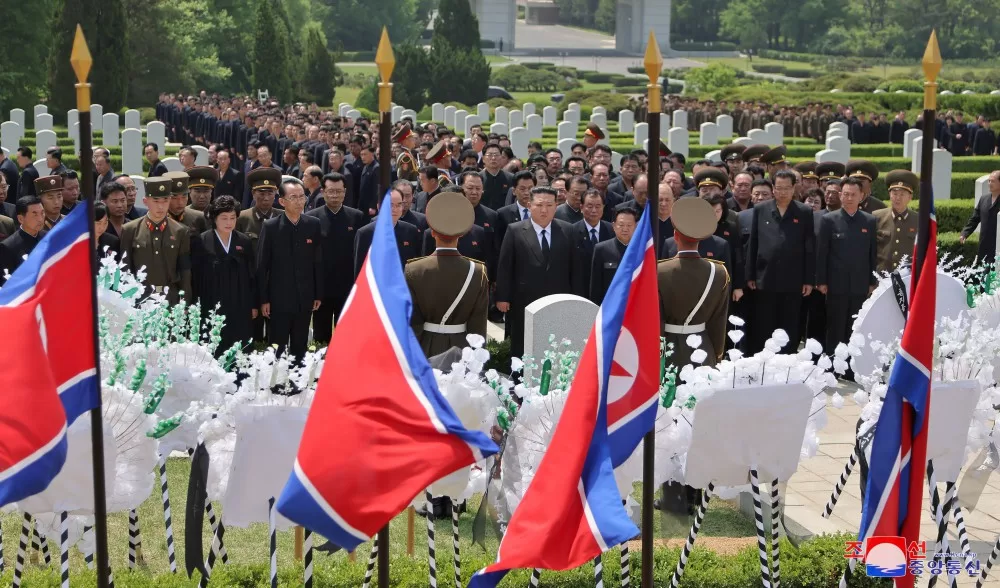In my work as a journalism lecturer, I am increasingly struck by the fact that many students don’t read books. By this I don’t mean they don’t read – they read all the time, constantly scrolling on their phones, laptops and devices. I mean physical books. As for newspapers: forget it. For this reason, I have taken to reading to them. I tell them to put their phones away (which some find almost impossible), to close their laptops and… listen. I don’t ask them to sit in a circle on the carpet, but it’s not far short of that… it is a moment for meditation, what some have come to call mindfulness. I have read them all sorts of authors: Orwell, Conrad, the great Dutch journalist Geert Mak, Joan Didion. They wriggle and fidget, but in the end their breathing calms down, their faces relax, and they sit and listen.
And I am going to do the same with you today. You are all busy people so I won’t ask you to put away your phones and devices, but I will ask you to listen as I read to you from one of the most celebrated authors of the 20th century, Arthur Koestler. Perhaps not so widely read today, Koestler was best known for his anti-totalitarian novel Darkness at Noon, but was also a prolific journalist and essay writer. This essay, On Disbelieving Atrocities, is from a collection of essays called the Yogi and the Commissar, published in 1944. The essay itself was originally published in the New York Times under the title The Nightmare That is a Reality. He describes the “mania” he feels when telling the world about Nazi atrocities. “We, the screamers, have been at it now for about ten years,” he says. But the screamers are struggling to be heard.
“We said that if you don’t quench those flames at once, they will spread all over the world; you thought we were maniacs. At present we have the mania of trying to tell you about the killing, by hot steam, mass-electrocution and live burial of the total Jewish population of Europe. So far three million have died. It is the greatest mass-killing in recorded history; and it goes on daily, hourly, as regularly as the ticking of your watch. I have photographs before me on the desk while I am writing this, and that accounts for my emotion and bitterness. People died to smuggle them out of Poland; they thought it was worthwhile. The facts have been published in pamphlets, White Books, newspapers, magazines and what not.
But the other day I met one of the best-known American journalists over here. He told me that in the course of some recent public opinion survey nine out of ten average American citizens, when asked whether they believed that the Nazis commit atrocities, answered that it was all propaganda lies, and that they didn’t believe a word of it. As to this country, I have been lecturing now for three years to the troops and their attitude is the same. They don’t believe in concentration camps, they don’t believe in the starved children of Greece, in the shot hostages of France, in the mass-graves of Poland; they have never heard of Lidice, Treblinka or Belzec; you can convince them for an hour, then they shake themselves, their mental self-defence begins to work and in a week the shrug of incredulity has returned like a reflex temporarily weakened by a shock.”
Koestler’s words still have the power to shock 80 years later…
I have been proud over the years to be something of a screamer — for the Observer, the New Statesman and most prominently as the journalist portrayed in the Hollywood film Official Secrets (dir. Gavin Hood 2019).
I now work as editor-at-large for Index on Censorship, initially set up in 1972 to publish and promote the work of dissident writers from behind the Iron Curtain. There has never been more for us to scream about. The atrocity deniers are everywhere: suggesting that outrages committed by Iran, Russia, Belarus, China are mere Western propaganda. We saw it on October 7th and we see it in Gaza.
My favourite screamer (and Koestler’s heir in some ways) is the journalist and academic Peter Pomerantsev. His second book, This Is Not Propaganda: Adventures in the War Against Reality (2019), should be required reading on all journalism (and public relations) courses. Pomerantsev comes from the same tradition as Index — his parents were Soviet dissidents arrested for “distributing harmful literature”. He warns that Putin’s Russia has ushered in a new age of atrocity denial driven by the troll farms of St Petersburg.
His family’s experience gives Pomerantsev a personal, visceral respect for objective truth, facts, reality. He tells the story of the legendary dissident publication The Chronicle of Current events.
“The Chronicle was how Soviet dissidents documented suppressed facts about political arrests, interrogations, searches, trials, beatings, abuses in prison. Information was gathered via word of mouth or smuggled out of labour camps in tiny self-made polythene capsules that were swallowed and then shat out, their contents typed up and photographed in dark rooms. It was then passed from person to person, hidden in the pages of books and diplomatic pouches, until it could reach the West and be delivered to Amnesty International, or broadcast on the BBC World Service, Voice of America or Radio Free Europe.” (This Is Not Propaganda, p 2)
Where does this leave us? We who are committed to telling the truth. We who respect facts. Are we listening to the screamers?
On the plane to Zurich, I was given my complimentary copies of Forbes and Vanity Fair and the answer was right there. Vanity Fair carried an article about Alexei Navalny, who grew to prominence through his exposure of corruption in Putin’s Russia, while the cover of Forbes was devoted to the Boeing whistleblower John Barnett. We perhaps need to start thinking about whistleblowers as corporate dissidents, as truthtellers, not subversives to be closed down.
Because Navalny and Barnett are both, in their way, screamers.
This is the transcript of a speech made to a meeting of chief communications officers from leading global companies in Zurich






